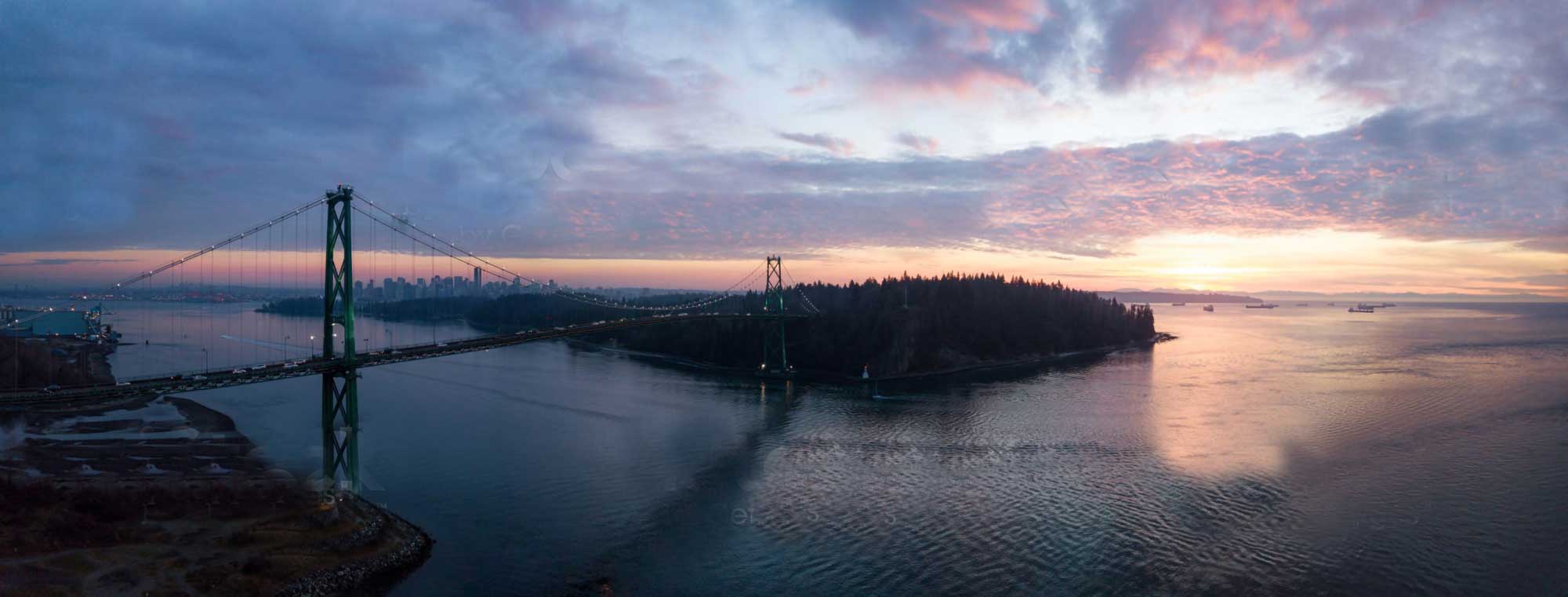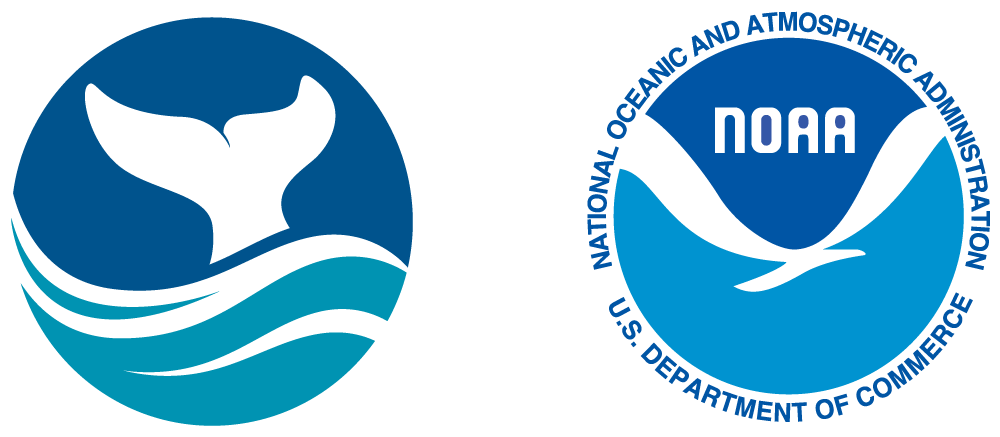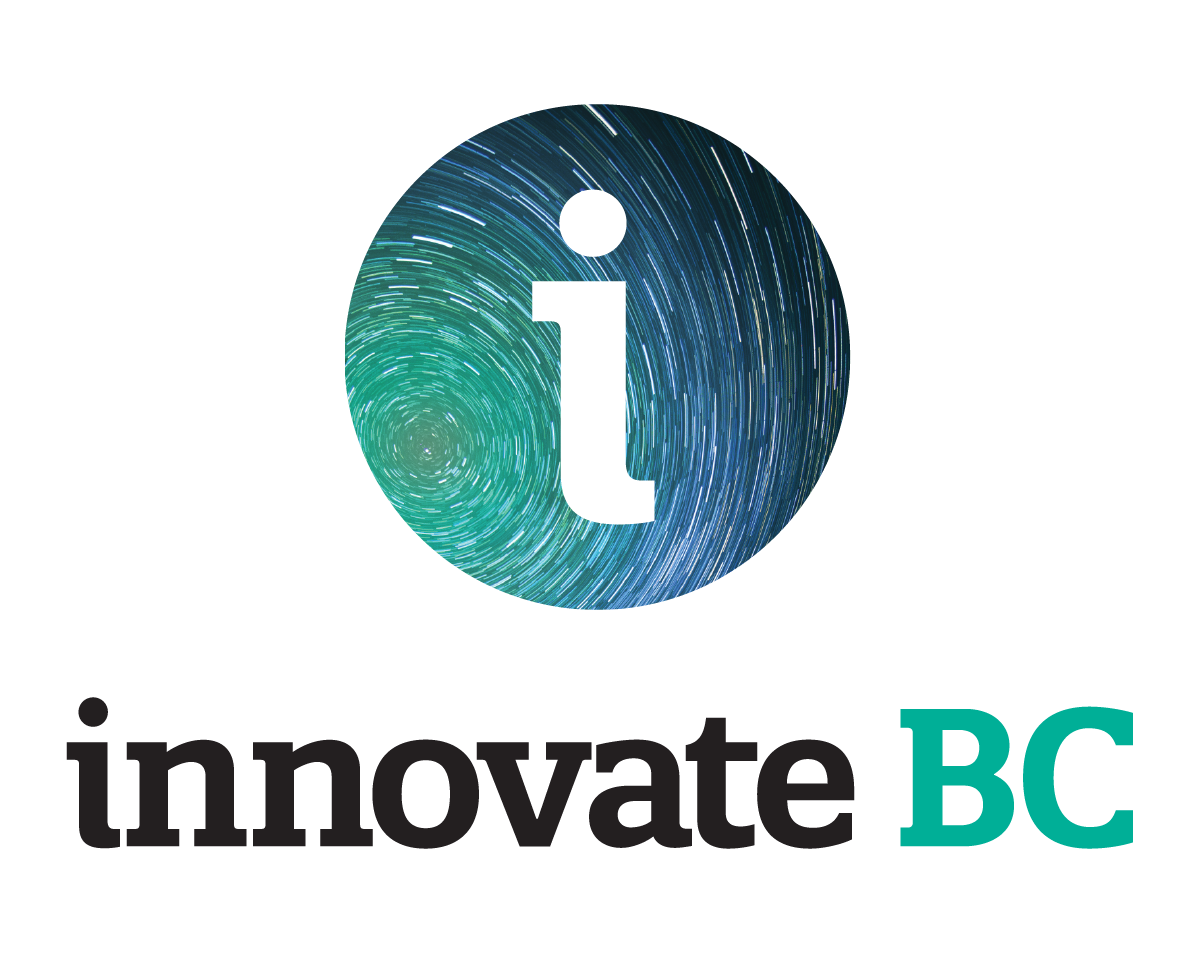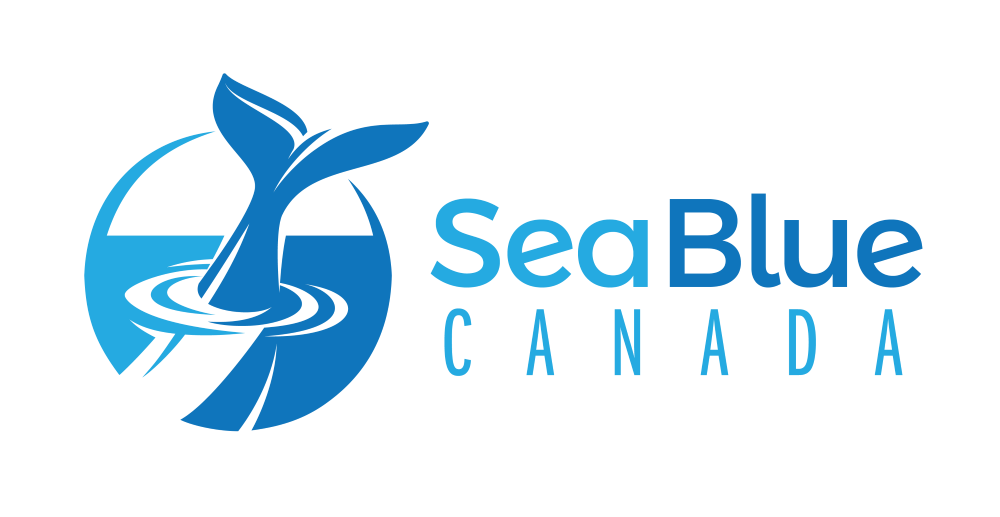Fisheries and Oceans Canada, Environment and Climate Change Canada, and Parks Canada
With the longest coastline in the world, Canada relies on healthy marine ecosystems to sustain its economy, food supply, and coastal communities. Marine protected areas are an important nature-based solution that help address climate change and loss of biodiversity in Canada and around the world. Canada is committed to conserving 25 per cent of its marine and coastal areas by 2025, and 30 per cent by 2030.
This is why the Government of Canada is proud to host IMPAC5 alongside the Host First Nations—xʷməθkʷəy̓əm (Musqueam Indian Band), Sḵwx̱wú7mesh (Squamish Nation), and səlilwətaɬ (Tsleil-waututh Nation)—together with the Province of British Columbia, the Canadian Parks and Wilderness Society (CPAWS) and the International Union for Conservation of Nature (IUCN).
Read on to learn more about the 3 departments of the Government of Canada taking the lead in organizing IMPAC5: Fisheries and Oceans Canada, Environment and Climate Change Canada, and Parks Canada.
Fisheries and Oceans Canada
Canada has an abundance of freshwater and marine and coastal areas that are ecologically diverse and economically significant. Fisheries and Oceans Canada and the Canadian Coast Guard work in over 400 locations across Canada to manage Canada’s fisheries and safeguard its waters by:
- Sustainably managing fisheries and aquaculture.
- Working with harvesters, coastal and Indigenous communities to enable their continued prosperity from fish and seafood.
- Ensuring that Canada’s oceans and other aquatic ecosystems are protected from negative impacts.
- Ensuring commercial vessels and recreational boaters can safely navigate our waters.
- Being there to save lives and protect our environment when emergencies arise.
Click here to learn more about Fisheries and Oceans Canada’s work in Marine Conservation (including the Government of Canada’s commitment to conserving 25 per cent of Canada’s oceans by 2025, and 30 per cent by 2030), Marine Spatial Planning, their Blue Economy Strategy, and their Oceans Protection Plan.
You can also visit the Fisheries and Oceans Canada website for more information.
Environment and Climate Change Canada
Environment and Climate Change Canada (ECCC) is a national and international leader in advancing, connecting, and applying scientific understanding to address the most pressing environmental issues.
It is Canada’s lead department in addressing threats from pollution, monitoring water and climate conditions, conserving and restoring Canada’s natural environment, enforcing environmental laws, and capitalizing on economic opportunities that fighting climate change presents.
Environment and Climate Change Canada works in partnership with provinces, territories, Indigenous Peoples, the scientific community, and others to protect and conserve Canada’s natural heritage, ensuring a clean, safe and sustainable environment for present and future generations.
Under the Canada Wildlife Act, ECCC creates and manages National Wildlife Areas (NWAs) to conserve wildlife, and create opportunities for research, and interpretation. To learn more about ECCC, National Wildlife Areas and Canada’s Nature Legacy, click here.
Or visit Environment and Climate Change Canada’s website here.
Parks Canada
On behalf of the people of Canada, Parks Canada protects and presents nationally significant examples of Canada’s natural and cultural heritage, and fosters public understanding, appreciation and enjoyment in ways that ensure the ecological and commemorative integrity of these places for present and future generations.
Parks Canada protects a vast network of cultural and natural heritage places that include 171 national historic sites, 47 national parks, five national marine conservation areas and one national urban park.
National marine conservation areas (NMCAs) protect marine biodiversity, ecosystems and cultural resources, facilitate meaningful visitor experiences, contribute to the well-being of Indigenous and local communities, and ensure ecologically sustainable use of marine resources.
Click here to learn more about NMCAs, Parks Canada’s collaborations with Indigenous partners to learn from Indigenous knowledge systems, and their work maintaining and restoring ecosystems.
You can also learn more about science and conservation at Parks Canada on their website.



















